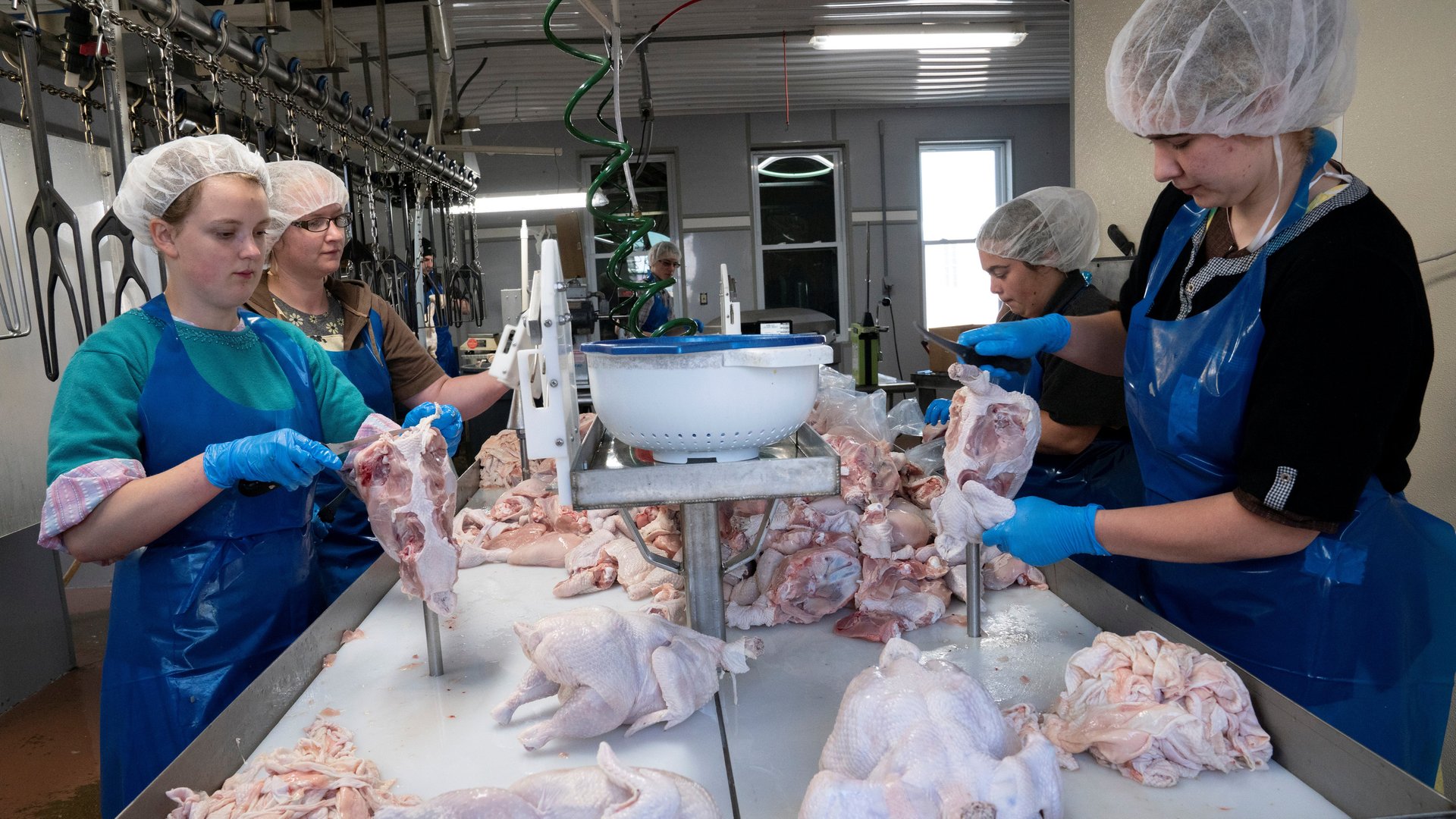Republicans fret over coronavirus lawsuits amid economic collapse
Time is running out for the US government to rescue the economy from the coronavirus recession. Expanded unemployment benefits keeping the economy turning over expire on July 31, one-time checks to families are long spent, and there is still no coordinated federal plan to test for the coronavirus.


Time is running out for the US government to rescue the economy from the coronavirus recession. Expanded unemployment benefits keeping the economy turning over expire on July 31, one-time checks to families are long spent, and there is still no coordinated federal plan to test for the coronavirus.
Failure to fight the virus and fill the gap in private spending with public dollars will mean less demand in the economy, starting a cascade of more lay-offs and business failures in the classic vicious cycle of recession.
As president Donald Trump and both parties in Congress struggle to agree on a package, a key obstacle to getting the job done is that Senate majority leader Mitch McConnell, backed by the business lobby, is insisting the bill include a blanket prohibition on liability lawsuits brought against companies for failing to provide employees and customers sufficient protection from the coronavirus.
To be sure, there are other fault lines: Republicans would prefer everything expire after the presidential election to preserve future political leverage, while Democrats want the measures tied to economic conditions. Democrats also believe a large fiscal boost on the order of $3 trillion is needed; Republicans want about a third of that. And the Trump White House inexplicably wants to eliminate funding for virus testing.
But the liability provision highlights the dysfunction of the US response to the pandemic, which continues to insist that the virus and its economic consequences are unrelated. Proponents of ending liability suits before they begin imagine struggling businesses facing a wave of lawsuits, further hindering recovery. It’s true that businesses face uncertainty about how to protect their workers, and it is possible to imagine frivolous lawsuits emerging from their response—but the court system is capable of rejecting frivolous lawsuits.
The real uncertainty faced by businesses is created by the Trump administration, which has not allowed the Occupational Safety and Health Administration (OSHA) to outline enforceable rules for businesses to protect workers, and made the Centers for Disease Control withdraw and ultimately limit their initial guidelines for re-opening the economy.
Consider restaurant workers in re-opened states, who may not have access to testing or temperature checks, and where patrons may be lax about wearing masks as they dine. Servers, many uninsured, will have to choose whether their paycheck is worth exposing themselves to the pandemic. In the absence of clear workplace rules, ensuring that businesses are liable for gross negligence may be the best way to incentivize employers to protect their workers.
And if those servers—and workers at meat-packing plants and factories and everywhere else—aren’t protected, the virus will continue to spread out of control, and the economy will continue to sink.